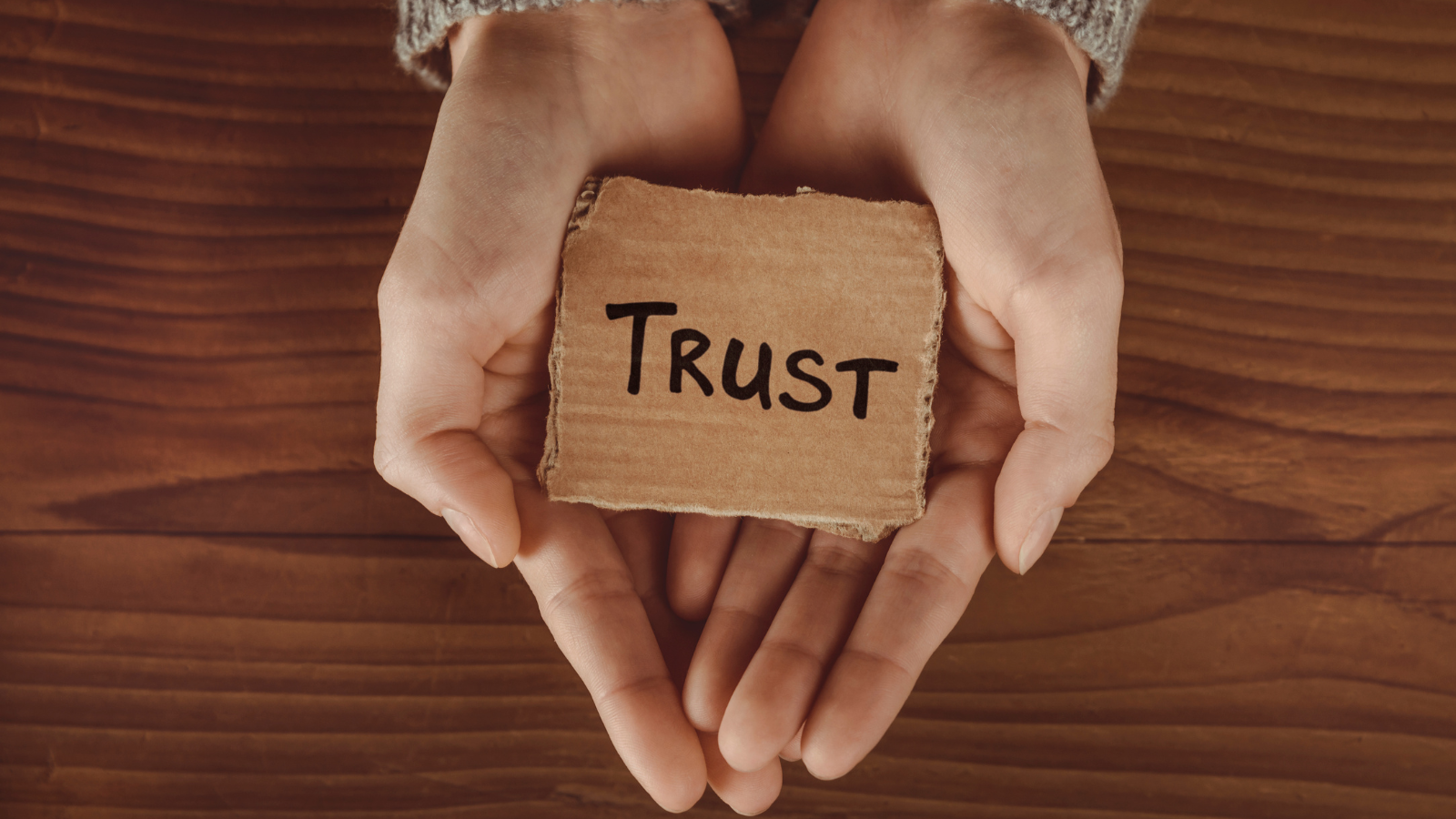Answers For VOL 5 Test 5 - Trust
Answers and detail explain for VOL 5 Test 5 - Trust
Explain
VOL 5 Test 5 - Trust

Lecturer: The development of trust is an essential social tool, allowing people to form productive and meaningful relationships, both at a professional and personal level. Trust is indispensable in friendship, love, families, and organizations, and plays a key role in economic exchange and politics. Much recent evidence indicates that trust contributes to economic, political, and social success.
1When we make contacts with strangers, such as doing business with the clients who we meet for the first time, our trust in them can only rely on their kindness. So, from our own judgment or the comments from other people, we can have a rough idea if the stranger is trustworthy. Trust is important because it is the basis around which all human relationships evolve.
Without trust, there can be no relationship. Trust can come naturally, or it can be manifested. If you find trust of this magnitude in life, then you are lucky.
Also, you can always count on them to protect through all, if not most, of life's perils. Trust is important because if you don't trust someone, then they are not available. 2Believe it or not, reducing the chance of suffering from poverty is to understand trust, because when you trust other people, you can have more support and resources.
However, our ability to trust others varies from individual to individual, 3just like different people's ability of recognizing a person's face is not the same. Bonds of trust are also extremely fragile. A single act of betrayal, such as a marital affair, can instantly erase years of trustworthy behavior.
The consequences of such breaches in confidence can be disastrous, and not only for a relationship. The study demonstrates how oxytocin can facilitate social interactions after trust has been violated, by potentially lowering defense mechanisms associated with social risks and by overcoming negative feedback that is important for adapting behavior in the future. Luckily, oxytocin in our body has the ability to inspire trust in and among people.
4This chemical is released whenever interaction happens between people. To study social interactions, economists and more recently neuroscientists take advantage of a simple experiment. Two participants play the so-called trust game.
The first participant is faced with the decision to keep a sum of money or share it with the second participant 5who has no obligation to give the money back. He would get more money if the second person returns it. In this game, the first person is left with an important social dilemma, to trust or not to trust.
Although it is more profitable to trust, doing so leaves the investor at risk of betrayal. 6Trust is not something that naturally occurs when two people meet for the first time, it involves a process. One person has to show the quality of being trustworthy to the other person.
This can be achieved by certain behaviors and communication, therefore trust is conditional, people should not take it for granted. Oxytocin does not only exist in human beings, animals also have this gift and 7it can be seen when they have cooperation with each other. Oxytocin in monkeys for example allow them to work together to find food and to fight against enemies.
8The Nash Equilibrium's Game Theory, the first participant will make the best decision he can with no expectations that the second participant would change his decision. The second participant will do the same, so the outcome depends on the decision of the other person. This game is similar to the one we just talked about.
The oxytocin level doesn't stay the same in a person's body, 9studies have found that people who are under a lot of stress would have high levels of oxytocin. Oxytocin causes a substantial increase in trust among humans, thereby greatly increasing the benefits from social interactions. It's also noted that the effect of oxytocin on trust is not due to a general increase in the readiness to bear risks, on the contrary, oxytocin specifically affects an individual's willingness to accept social risks arising through interpersonal interactions.
10To sum up, oxytocin is like a kind of social glue that is helpful in social bonding. Further research is needed to explore oxytocin and trust and how this hormone can be used to strengthen our trust in others and even treat mental disorders that specifically relate to deficiencies in social behavior.
Questions 1-10
Complete the notes below. Write ONE WORD ONLY for each answer.
Economics and Trust
-
Trust relies on the stranger's 1 (kindness)
-
The understanding of trust can reduce 2 (poverty)
How to measure trust
-
People's ability of recognizing a person's 3 (face)
-
Oxytocin will be released when 4 (interaction) occurs
Experiments: two participants
-
The first participant decides whether to lend the money or not.
-
The second participant has no 5 (obligation) to return the money
-
Trust involves a 6 (process) so it is conditional.
-
If animals have 7 (Cooperation) they will be seen to have oxytocin
Nash equilibrium:
-
Participants have no 8 (expectations) that the other person would change his or her decision.
-
People under stress have 9 (high) levels of oxytocin.
-
Oxytocin is a social 10 (glue)
![[Forecast Q2-2025] - Biology lecture](https://static.helik.app/reading/8fd3d7d2-ccf9-47a3-8920-2e7a3b0d6607)
![[Forecast Q2-2025] - Living in the City](https://static.helik.app/reading/1a60bcf3-f3a7-4e9b-97a2-94d156a0de3b)
![[Forecast Q2-2025] - Student Union](https://static.helik.app/reading/fb443123-8c1d-447e-8c79-5a01650f4754)
![[Forecast Q2-2025] - Fruit-picking Job in an Orchard](https://static.helik.app/reading/e1968346-6c55-44ae-b8d3-f6a4fb7207b9)
![[Forecast Q2-2025] - University Crime Prevention](https://static.helik.app/reading/bdda593e-16d6-4c72-8a12-b116e917b27c)
![[Forecast Q2-2025] - Business Course](https://static.helik.app/reading/3308e282-99a6-4bcb-9d22-0b488701d968)
![[C20T1] - Choosing a restaurant](https://static.helik.app/reading/e9b21123-c43c-42fb-88b7-5d0be3a37e03)
![[Helik Collect] - Car Club Scheme](https://static.helik.app/reading/6a749ba0-4cde-47fe-8260-f65b0599c3bf)